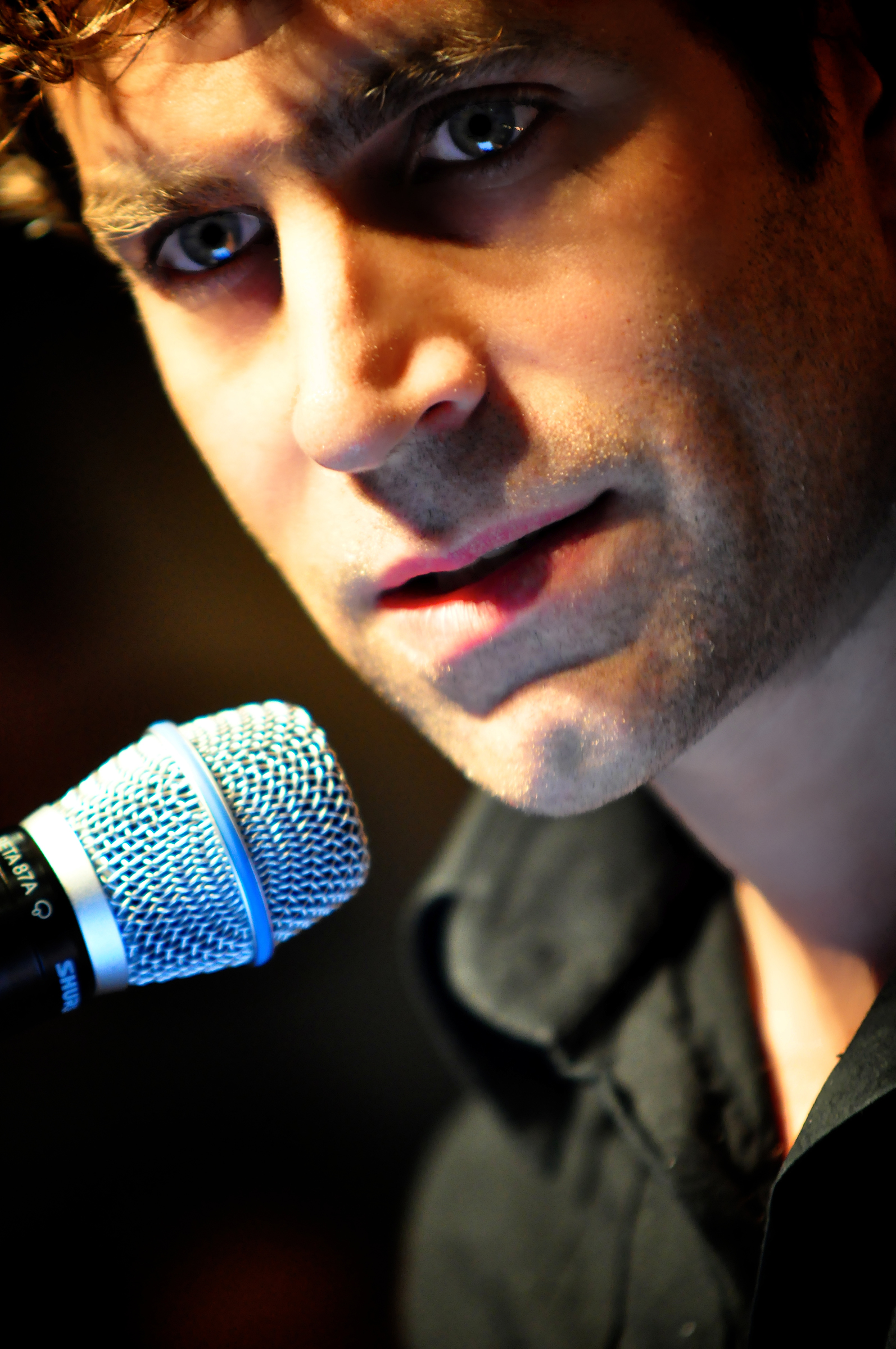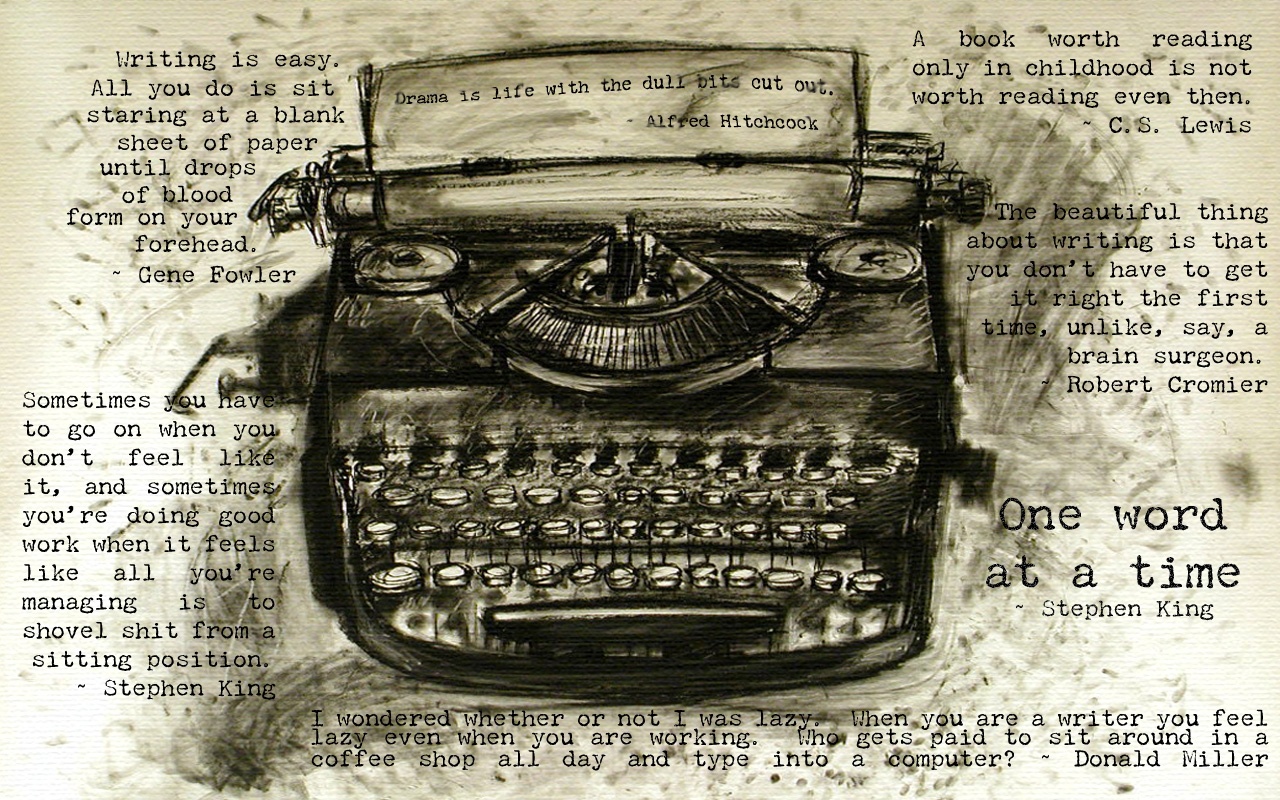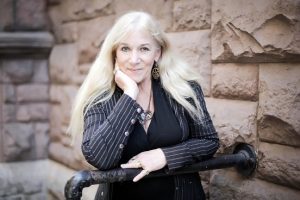 Heather Graham is an internationally renowned author of more than 150 novels and novellas. She has been honored with nearly every award available to contemporary writers.
Heather Graham is an internationally renowned author of more than 150 novels and novellas. She has been honored with nearly every award available to contemporary writers.
Jon Land is the USA Today bestselling author of more than forty books, both novels and non-fiction, including the critically acclaimed series featuring Texas Ranger Caitlin Strong.
The Rising features Alex Chin, a classic, All-American football hero and his tutor Samantha Dixon who hopes to turn her NASA internship into a career. A football accident leads Alex to the hospital and suddenly, everything goes awry.
Alex’s doctor is murdered, as are his Chinese parents who adopted him at infancy. After the murders, Alex must flee, and Samantha refuses to leave him. They race desperately to stay ahead of the attackers, trying to learn why Alex is being hunted. The answer lies buried in his past, and it’s a secret his parents died trying to protect. Adopted soon after birth, Alex never knew the reason his birth parents ab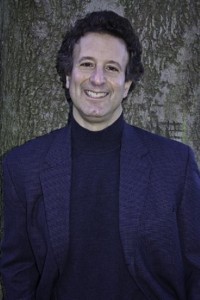 andoned him. Revelations await, and the fate of the world hangs in the balance.
andoned him. Revelations await, and the fate of the world hangs in the balance.
The Rising has elements of different genres. Tell us about that.
Heather: I had great parents who read everything. One was a lover of the Gothic novel and the other loved Edgar Allen Poe. I grew up reading everything. The notion of something being strictly one genre was a surprise to me when I started writing. That concept has changed over time, and now many popular books straddle various genres.
Jon: I think when we conceived of collaborating on a book like this, the idea of melding genres and having young heroes as protagonists was a natural thing. We didn’t want to do precisely what either one of us is known for. We both wanted to write something neither one of us ever attempted. We wanted to assemble what each of us does best and put it into a new package. My first agent said to me, ‘If you know the characters, you can write anything.’ We got to know Alex and Samantha so well that we knew we had these great protagonists who were about to sacrifice everything for something far bigger than themselves.
Heather: We also have an editor who loves NASA and the concept of space exploration and the future. He arranged for us to tour the Goddard Space Center where we spent time with the astronauts.
Jon: The kind of science we’re writing about—the Robert Heinlein kind of story, involves a wish to go back to the roots of storytelling and science fiction. It’s like Stranger in a Strange Land. It’s like I Robot.
Heather: We’re all creatures in our galaxy, but on this planet, we don’t really get along very well. If you’re murdered by your neighbor or by an alien from outer space, the result is the same. The story relates not only to space, but to basic human foibles on earth.
Jon: Yes, science fiction storytelling has always served as a metaphor for what’s going on in the world, and that’s what The Rising does. Among many other things, this novel concerns xenophobia and the wish to isolate ourselves from outsiders who are automatically deemed to be ‘bad.’ Whether it’s Invasion of the Body Snatchers, or Bladerunner, the science fiction genre uses imagination to reveal basic truths about our lives.
In a sense, part of the novel is about globalism and multiculturalism. When you think back to the original The Day the Earth Stood Still, it was a film about different worlds coming together and the problems coming together can pose for people. And that’s in a sense, what a good part of this novel is about, aside from being a thriller and a science fiction novel.
As a collaborative effort, how did you go about writing The Rising?
Heather: We went back and forth. At first, the biggest problem was it was sometimes difficult to make critical comments or suggestions to each other because we liked each other so much. Once we got past that, we did fine. We’re very lucky because it was a lot of fun. We talked about each section, sent it back and forth, and the story moved on.
Jon: We’d done so much talking about the concept before actually beginning to write, it was less seat-of-the-pants writing and it went very smoothly.
Heather: It’s been a great collaboration because we melded our styles of writing and storytelling by finding common ground. Also, Jon is brilliant with tech, and I’m not. So, we each brought different strengths to the work.
You’re two of the most prolific authors I know. How do you account for your productivity?
Heather: I have five children and they were very expensive. [Laughter]. When I started writing, I had no clue about what I was doing. I tried many things and didn’t make any money. I was writing the kind of fiction that wasn’t what I really wanted to write. I then realized my strength was writing novels with murder, mystery and mayhem. I learned if I was going to survive as a writer, I had to produce a lot of books. I learned to simply sit down and write. And write some more. The notion of having a deadline keeps the fires burning.
Jon: For me, it’s really about chasing the dream. My dream is to be more successful than I’ve ever been. So, I write and then write more.
Heather: I would also say I can’t imagine not writing. It’s what I absolutely adore doing. If I won the Lottery, would I stop writing? No.
If you weren’t a writer now, what would you be doing?
Heather: I majored in theater and performed at dinner-theater for years. I was a backup singer, too. I started writing because going to auditions became too expensive. Auditions and dinner theater involved hours and hours, and I wasn’t making enough money to make up for the time I was missing out with my children. That was when I began staying home and writing.
Jon: I was headed towards law school in college. I was bitten by the writing bug and my life changed. I’d probably have become a lawyer. A trial lawyer is also creating a narrative for the jury, and being a writer is sort of like being a lawyer without worrying about what the other side does. For me, the readers are the jury.
It seems to me a sequel should and will be coming for The Rising. Is that true?
Heather: Yes, most definitely. [Laughter].
Aside from a sequel to The Rising, what’s coming next from each of you?
Heather: Last year, Flawless was published. It will be followed this winter by Perfect Obsession.
Jon: I’m half-way through the ninth book in the Caitlin Strong series. It’s called Strong to the Bone.
Congratulations on writing The Rising, a genre-bending and gripping thriller involving murder, adventure and science fiction that’s received abundant and well-deserved praise from Meg Gardiner, James Rollins, Lisa Scottoline, Douglas Preston, Sandra Preston, and others.
Mark Rubinstein’s latest book, Bedlam’s Door: True Tales of Madness and Hope, is a medical/psychiatric memoir.





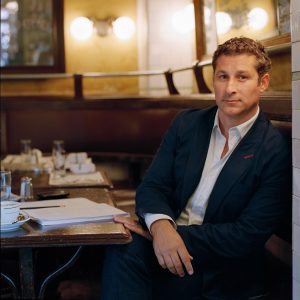
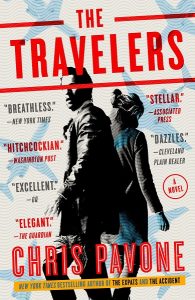
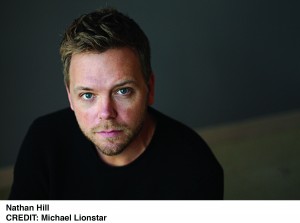
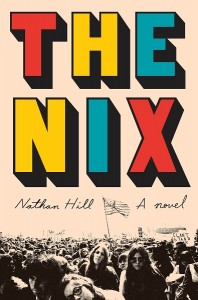
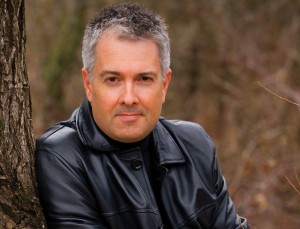
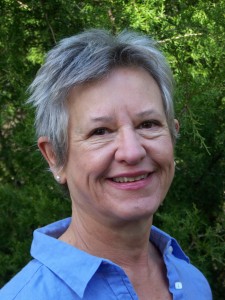
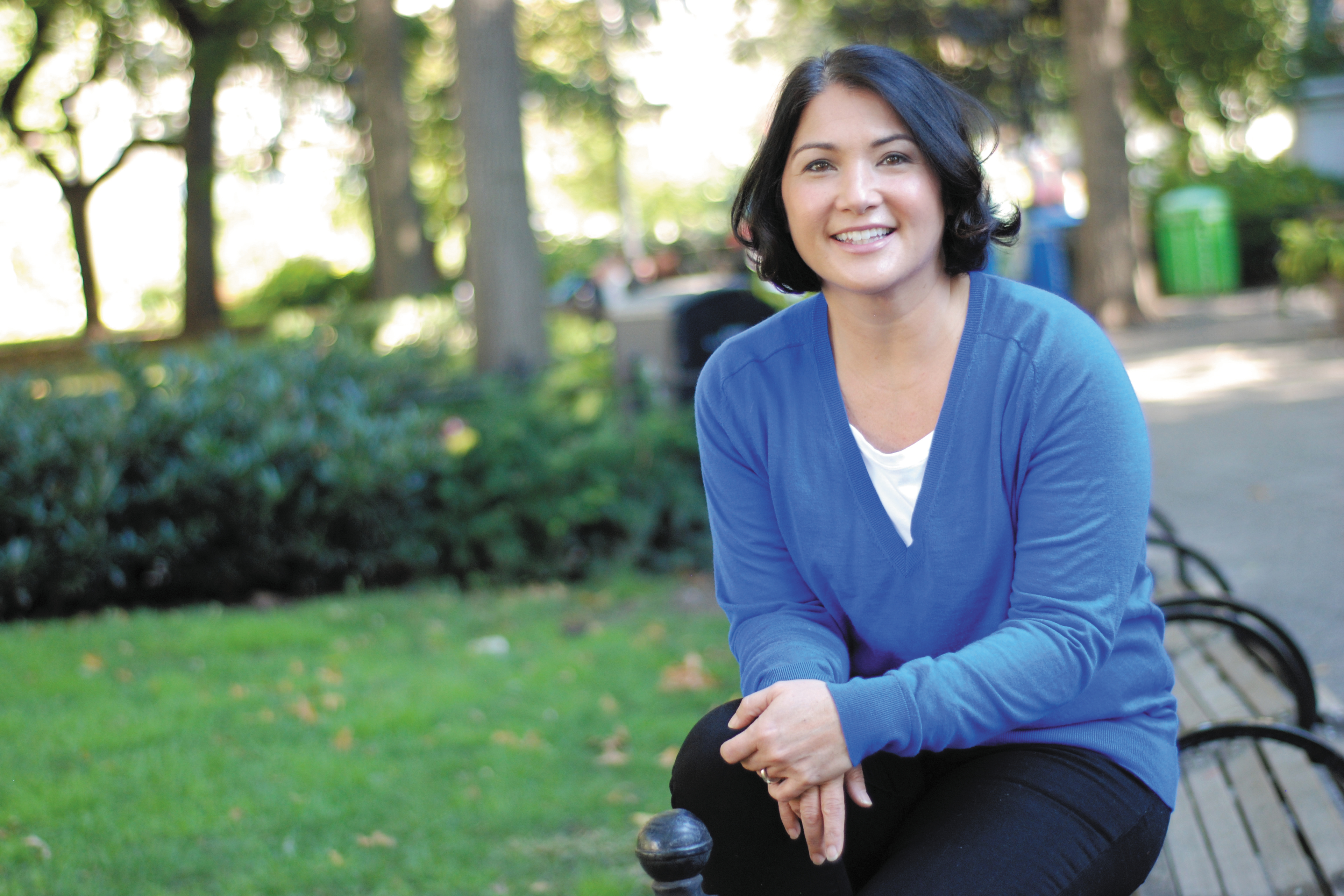 Alafair Burke is the New York Times bestselling author of 13 novels. She is also the
Alafair Burke is the New York Times bestselling author of 13 novels. She is also the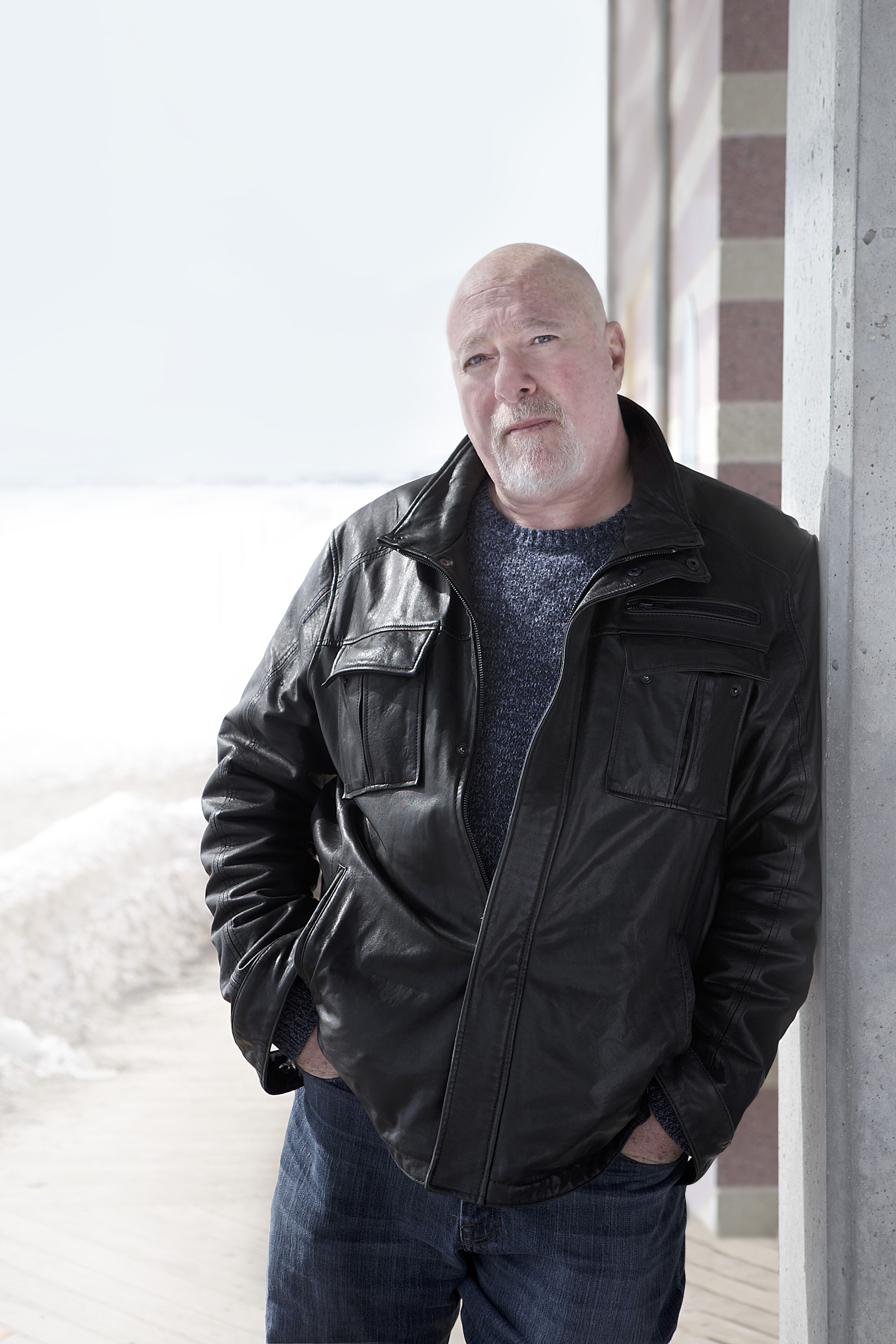 Reed Farrel Coleman, known to thriller lovers everywhere, is the author of the New York Times-bestselling Robert B. Parker’s The Devil Wins, in addition to having written twenty-two other novels. Because of his writing style, he’s been dubbed a “hard-boiled poet” and the “noir poet laureate”. He’s received the Shamus Award three times for best detective novel of the year, and has also won the Barry Award and the Anthony Award, in addition to being a three-time Edgar Award nominee. His books include nine novels in the Moe Prager series.
Reed Farrel Coleman, known to thriller lovers everywhere, is the author of the New York Times-bestselling Robert B. Parker’s The Devil Wins, in addition to having written twenty-two other novels. Because of his writing style, he’s been dubbed a “hard-boiled poet” and the “noir poet laureate”. He’s received the Shamus Award three times for best detective novel of the year, and has also won the Barry Award and the Anthony Award, in addition to being a three-time Edgar Award nominee. His books include nine novels in the Moe Prager series.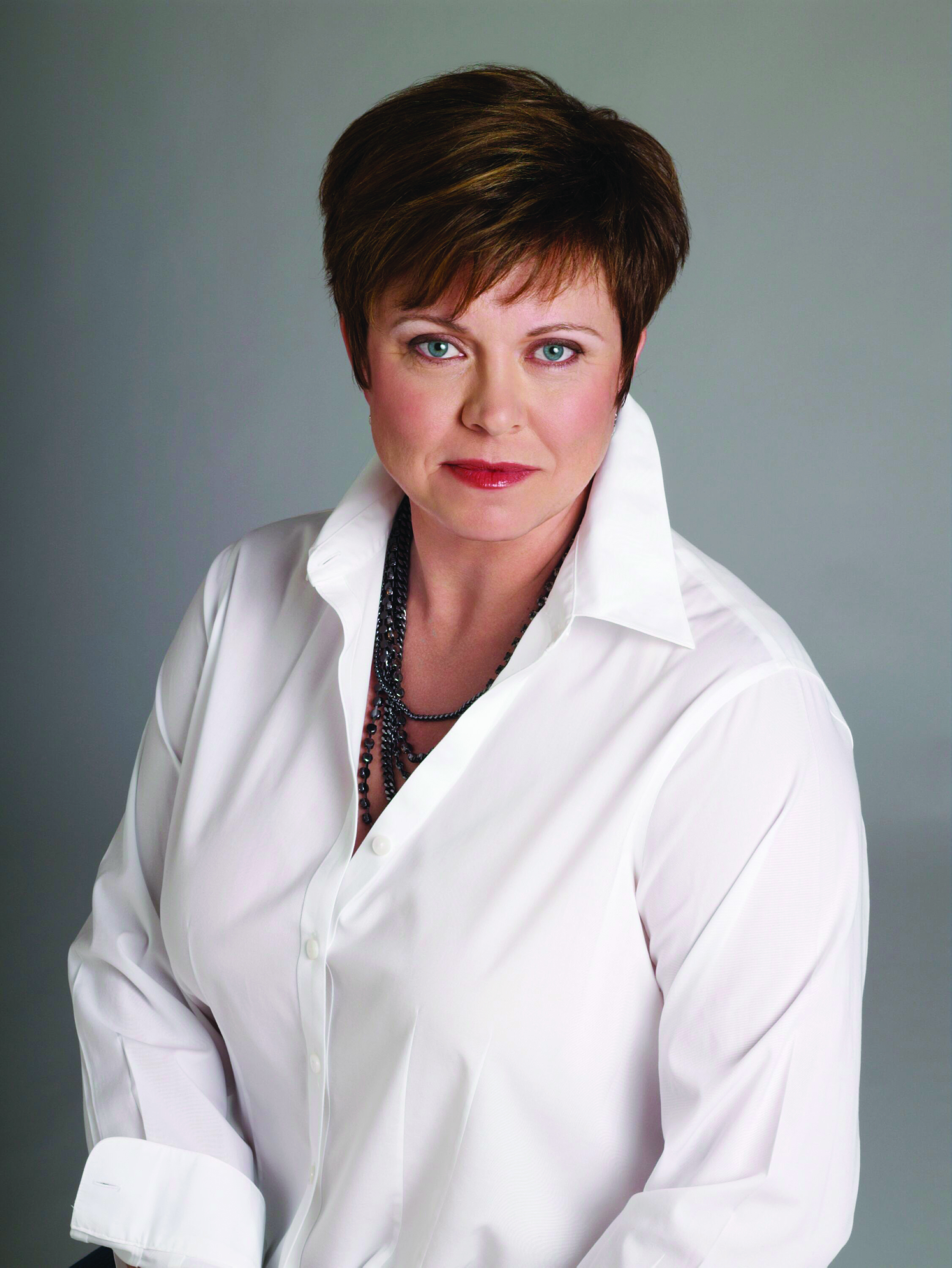 Tami Hoag is an internationally bestselling author of more than thirty books. Over forty million copies are in print in thirty languages. She is known for crafting intricate and intense psychological thrillers probing the darkest corners of her characters’ minds.
Tami Hoag is an internationally bestselling author of more than thirty books. Over forty million copies are in print in thirty languages. She is known for crafting intricate and intense psychological thrillers probing the darkest corners of her characters’ minds.